Keywords: South Australia
There are more than 200 results, only the first 200 are displayed here.
-

ARTS AND CULTURE
- Andrew Hamilton
- 27 May 2021
27 Comments
A wry satisfaction to be enjoyed in reading histories of events of your youth is that it uncovers your prejudices at that time. It reassures you that you have grown wiser but also makes you wonder whether your present attitudes will need revisiting. Save Our Sons, Carolyn Collins’ detailed and even-handed study of women’s campaign against conscription during the Vietnam War, offered such pleasures.
READ MORE 
-
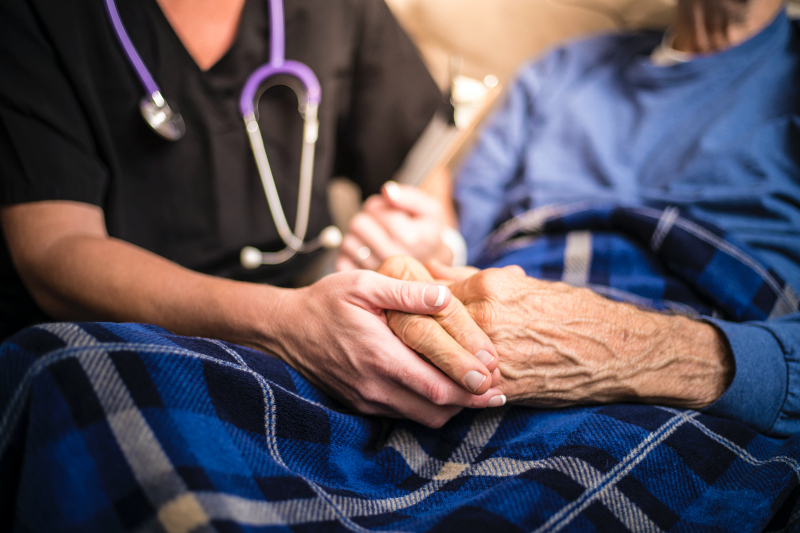
AUSTRALIA
- Annmarie Hosie
- 25 May 2021
27 Comments
Peace, laughter and lightness during dying might seem unlikely, but such experiences are common, not rare. Seeing and sharing in these sudden, strengthening consolations (and receiving them in my own griefs) have taught me about our awesome potential to transcend suffering, and confirmed why we don’t need euthanasia or assisted suicide.
READ MORE 
-
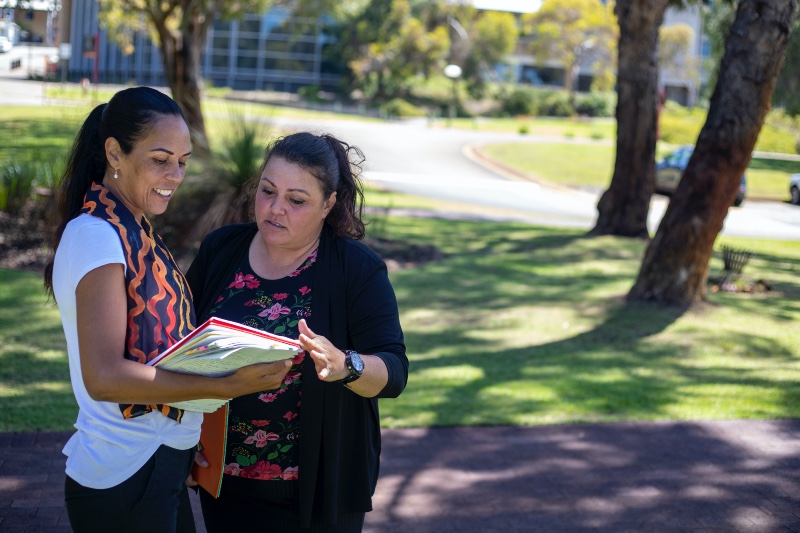
RELIGION
- Garry Deverell
- 18 May 2021
19 Comments
It is no coincidence that white ‘settler’ theology in this country has barely begun to engage with Indigenous people. Arguably, it has only begun to do so because the Indigenous citizens of the churches have begun to cast off the imaginative shackles made for us by our white gubbas and find our own voice.
READ MORE 
-
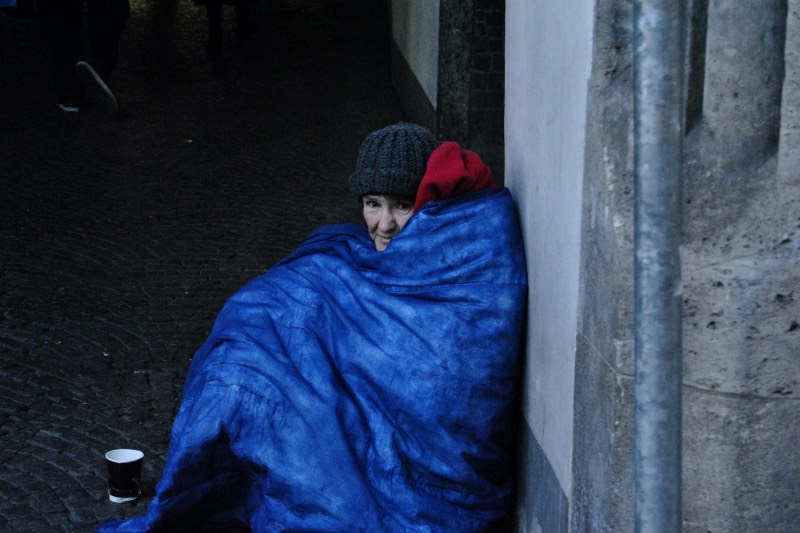
AUSTRALIA
- Michele Madigan
- 13 May 2021
9 Comments
A state government has an obligation to do what is possible within the limits of state resources to help its people, to make the state an inclusive place where all have access to essential services and housing. However, over the last few weeks, with the announcement of the funding restructure for homelessness services, this idea of a fair go seems to have dissipated.
READ MORE 
-
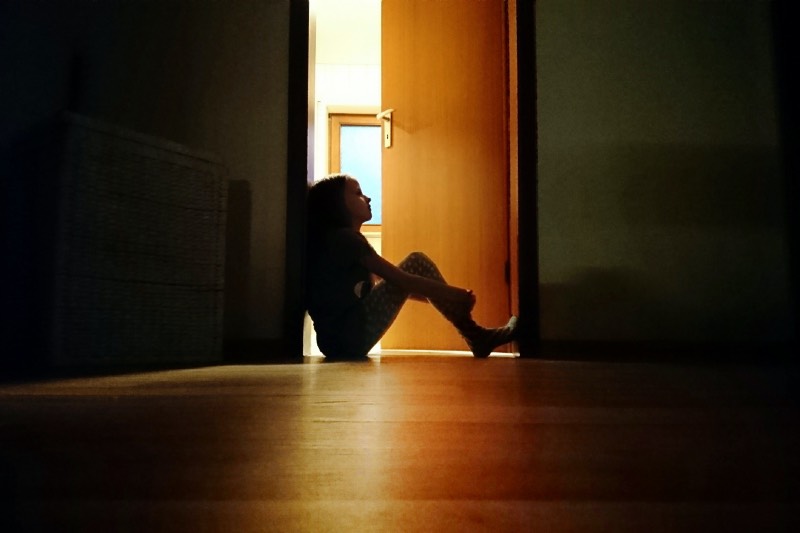
AUSTRALIA
- Barry Gittins
- 01 April 2021
11 Comments
We don’t want to admit the truth of who we are as a nation: there are Australians who are violent toward the people they say they love the most. Living among us are those who take what they want, out of entitlement, privilege and the naked use of power.
READ MORE 
-
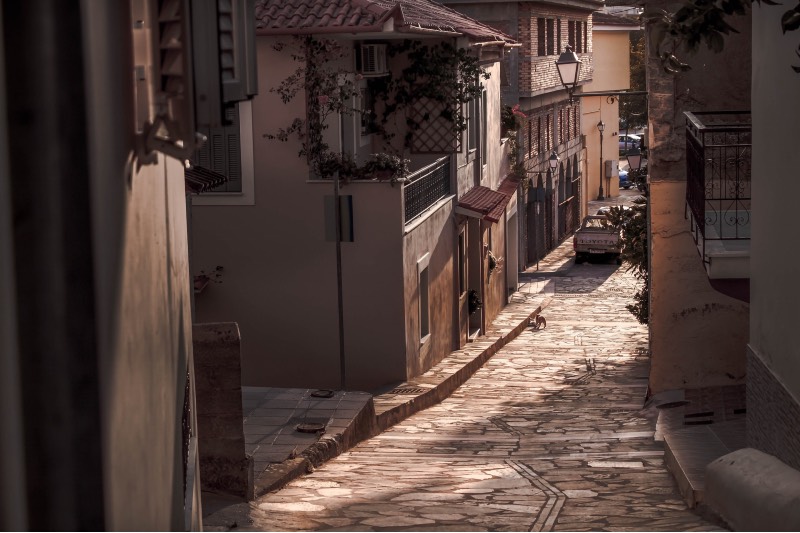
INTERNATIONAL
- Gillian Bouras
- 25 March 2021
9 Comments
In normal times this month would be one of great celebration in Greece and throughout the diaspora, for 25 March marks 200 years since the Greeks rose in revolt against the Ottoman Turks. But not this year: student parades have been banned, while military ones will go ahead with strict safety measures in place.
READ MORE 
-
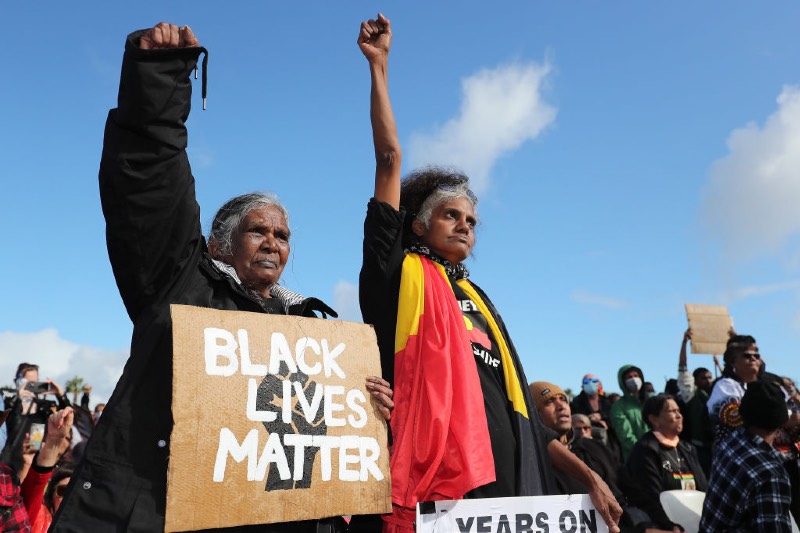
AUSTRALIA
- Michele Madigan
- 25 March 2021
13 Comments
There are a number of current issues within our present Australian political system, issues we need to remedy brought to light with strong media attention. But in contrast, how much media attention is being paid to this ongoing scandal of First Nations peoples who, while representing just 3.3 per cent of the population, now represent an extraordinary 30 per cent of the nation’s prison population?
READ MORE 
-
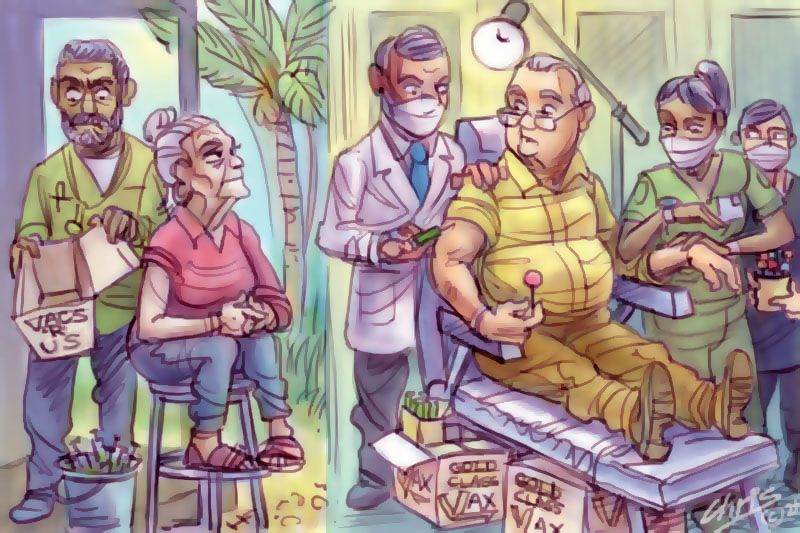
INTERNATIONAL
- Binoy Kampmark
- 23 March 2021
4 Comments
The COVAX (COVID-19 Vaccines Global Access Facility) scheme, touted as a levelling measure against inequalities in vaccine access, is looking increasingly faulty. But one suggested mechanism to assist in achieving vaccine equity lies in the field of intellectual property rights.
READ MORE 
-
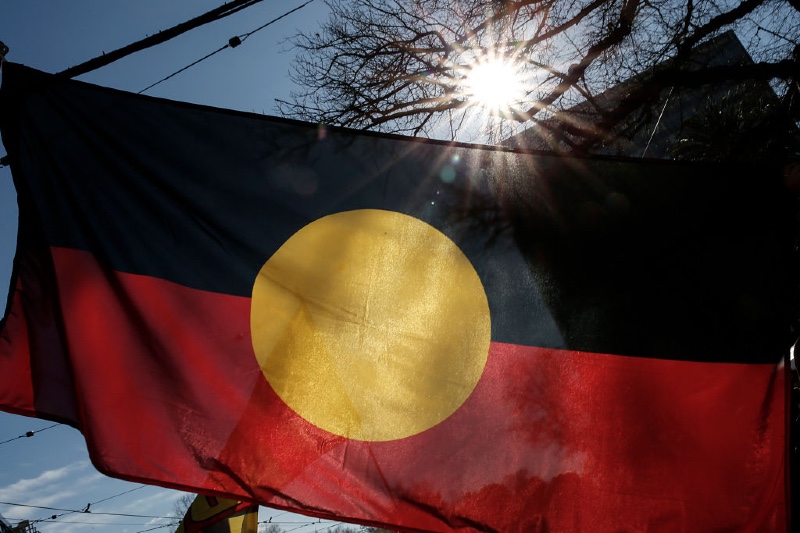
AUSTRALIA
Victoria’s Yoo-rrook Justice Commission, a truth-telling inquiry that will investigate injustices committed against Aboriginal Victorians since colonisation, rightly looks to similar models in South Africa and Canada. Each of these also had a clear Indigenous focus and addressed the ravaging impact of white settlement on traditional lands, cultures and communities in their respective countries.
READ MORE 
-
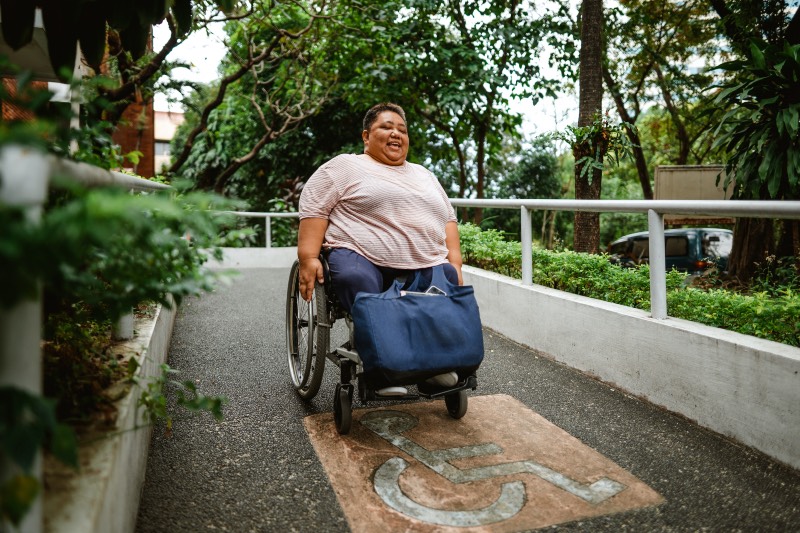
AUSTRALIA
Right now, there is a fight on for the future of the NDIS. On one side is the Federal Government, determined to have total control over the Scheme, and to change its very fundamentals. On the other side are disabled people across Australia, disability advocacy organisations, allied health workers and disability service providers, urgently telling them to stop.
READ MORE 
-
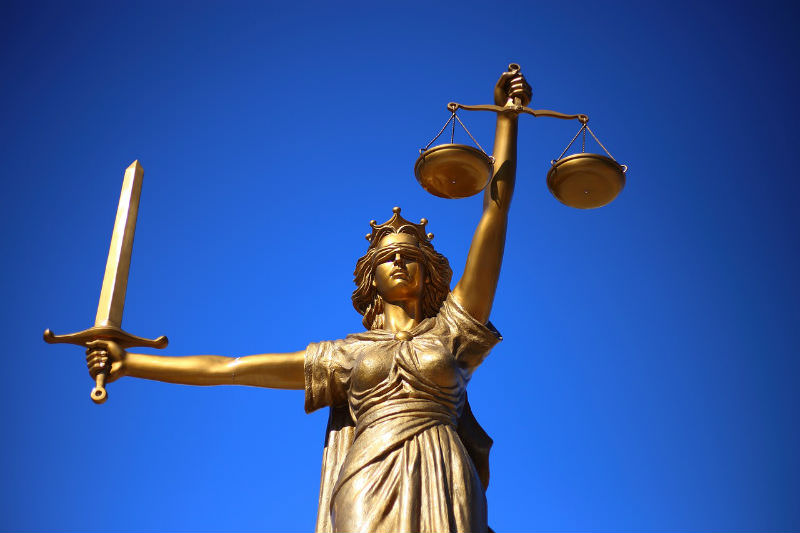
AUSTRALIA
- Justin Glyn
- 02 March 2021
Hearing 11 of the Commission has looked at how Australia’s justice system treats people with disabilities. The intersection between disability and the criminal justice system is, unfortunately, not a happy one.
READ MORE 
-
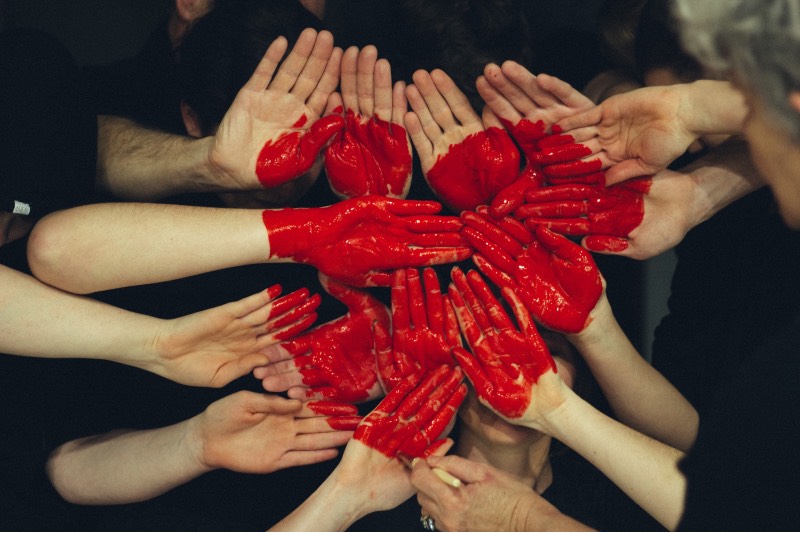
FAITH DOING JUSTICE
- Anthony Albanese
- 23 February 2021
17 Comments
What we have is a rare opportunity — in all likelihood a once-in-a-lifetime chance — to shape the future and emerge from the pandemic as a better, fairer nation.
READ MORE 